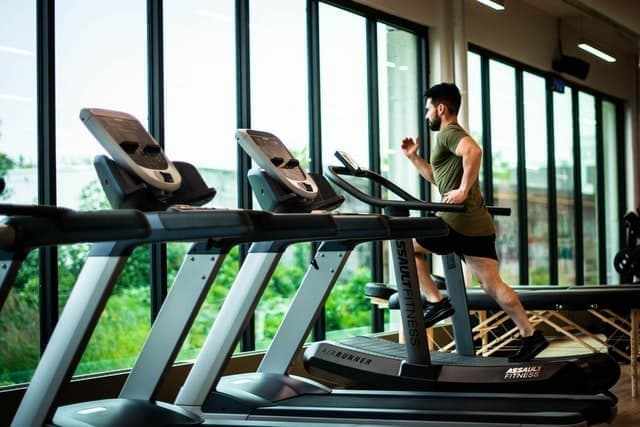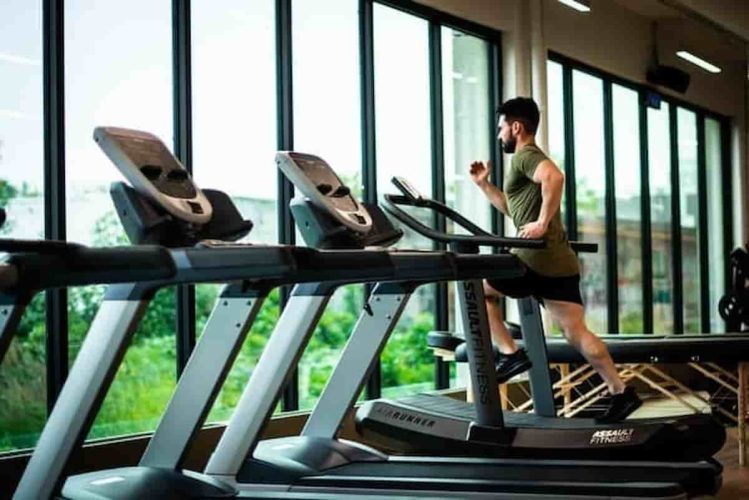If you have been wondering how to achieve the maximum possible result in a sports activity, one solution is to watch what you eat before and after it.
Exercise alone is a process that requires dedication and time. However, it can become even more effective if you combine it with a proper diet before and after exercise.
In other words, being careful about what you eat before and after exercise can help you maximize its benefits. For example, if you haven’t eaten for many hours before going to the gym, it is very likely that you will have reduced energy, and even feel dizzy.
In general, not every workout is of the same difficulty and intensity, which is why every diet program is different. If you do endurance-based activities, such as running or cycling, your diet should be based more on carbohydrates in order to have longer-lasting energy. On the other hand, if you train for muscle strengthening, protein is just as necessary.
Let’s look at some general diet rules before and after exercise.
What to eat before exercise
Experts recommend a balanced meal three to four hours before training. In particular, they recommend a dish that includes carbohydrates and a moderate amount of lean protein. They also advise this meal not to include fats and fiber, which are digested more slowly and can upset the stomach during exercise.

Also, remember that if you are hungry as exercise time approaches, it is best to eat a small snack rather than a regular meal 30 to 60 minutes before the start of exercise.
In general, it is important that what you eat before exercise includes carbohydrates, because they break down into glucose, enter our muscle cells, and give you fuel to exercise as much as possible. Find carbs in a bar of granola, a fruit, or some oats.
If you work out early in the morning, you clearly cannot get up 3 hours earlier to eat a full breakfast. In this case, when you wake up, your blood sugar is at its lowest level. Eating something like a piece of fruit or a cereal bar will give you the necessary boost.
Exercise intensity is also an important factor. If you do a relaxed half hour workout, for example, a small snack can sustain you. But if you exercise more intensely, then you should eat a regular meal a few hours before your workout.
What to eat after exercise
A quick, protein-rich snack 15 minutes to an hour after your workout is all you need to start refueling your body and replenishing the energy you lost. This can help prevent muscle soreness, tightness, and cramps.
You need a lot of water after each workout. This is because you need to replenish the fluids you lost through sweating as soon as possible. Again, the duration and intensity of exercise are factors that affect sweating and, therefore, how much water we need at the end of it.
If your workout was very intense and you consumed a lot of energy, then you should eat a complete meal rich in protein and carbohydrates. Experts suggest brown rice (not white, because, as we know, they have significant differences), nuts (they help the heart, but also the intestine), whole-meal bread, or quinoa. For protein, try tofu, beans (which are extremely nutritious foods), or fish.


